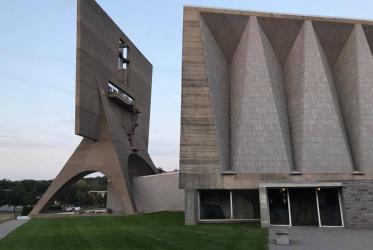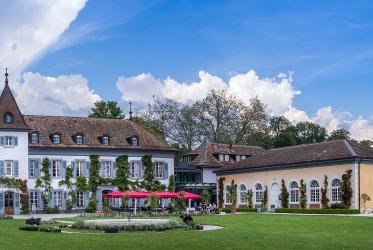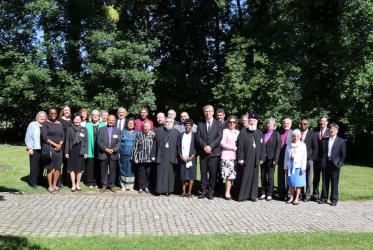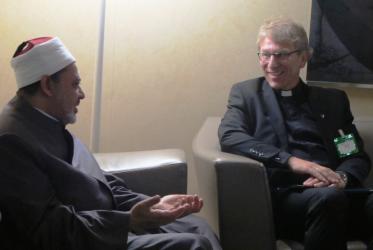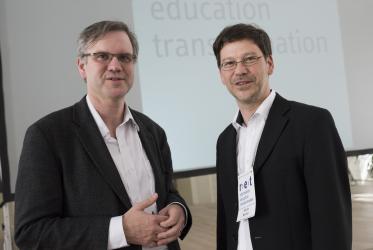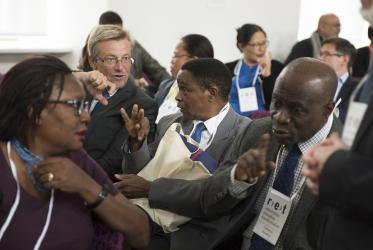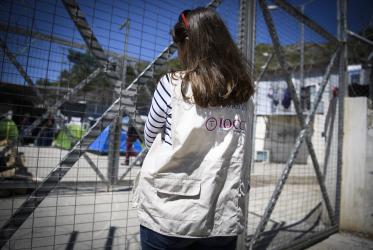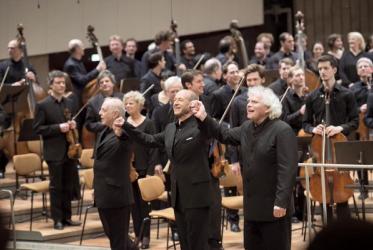Displaying 61 - 80 of 109
09 September 2017
"We have our work cut out for us"
10 August 2017
Digitizing of Faith and Order Papers underway
23 July 2017
WCC students study what makes a peace communicator
18 July 2017
WCC Executive Committee to focus on unity
08 June 2017
Dialogue flourishes between WCC, Muslim Council of Elders
30 September 2016
Hielke Wolters: Apostle of mission strategies
01 August 2016
USA Racial Justice Accompaniment Visit
18 April 2016
Refugees in Berlin get dose of culture
10 March 2016
Afghan filmmaker sees Berlin as home — for now
10 March 2016
